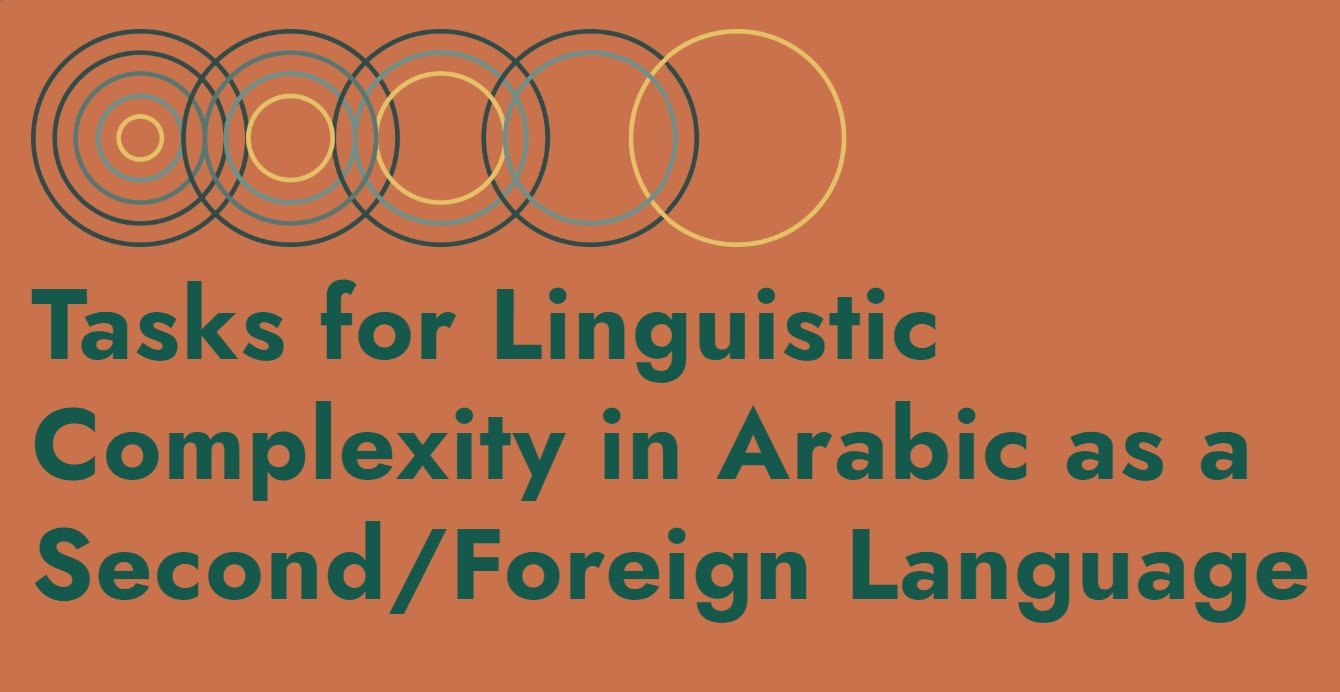Tasks for Linguistic Complexity in Arabic

Project Director: Mahmoud Azaz (University of Arizona)
In partnership with the Center for Middle Eastern Studies and Graduate College at the University of Arizona.
Directed by Dr. Mahmoud Azaz (University of Arizona), this project has created resources to help teachers of Arabic to heighten learner linguistic complexity using task-based interaction.
Research in instructed SLA has highlighted the role of teacher-learner interaction in challenging learners to create complex meanings with their existent language resources (Gass & Mackey, 2007). Crucial to fostering learners’ proficiency through interaction is the use of well-designed language tasks that scaffold learners to structure and sequence language that is lexically more diverse and syntactically more complex (Ellis, 2003). Unfortunately this knowledge from SLA research does not always directly translate to sound pedagogical approaches. In the particular case of Arabic, enrollments have doubled after the outbreak of the Arab Spring in 2011; however, because of its long history as a LCTL, there is a lack of materials informed by data-driven research (Al-Batal, 2007; Bergman, 2009).
To address these deficiencies, the Tasks for Linguistic Complexity in Arabic project:
- Conducted research on the emergence of linguistic complexity in oral performance in Arabic in beginning and intermediate learners and report on findings by compiling a learner corpus of spoken language;
- Developed, piloted, and refined a set of sample task-based lesson plans for Arabic, with translated versions that can serve a model for other languages, and a guide with pedagogical strategies based on the research;
- Disseminated these materials in a language pedagogy workshop and as digital resources on the CERCLL web site.
➣ Click here to visit the project website and access resources created by this project.
In August 2023, Drs. Mahmoud Azaz and Hicham Assaoui led a two-hour workshop that demonstrated the use of the resources created by this project. The workshop was in Arabic and intended for Arabic instructors. The recording is here:

